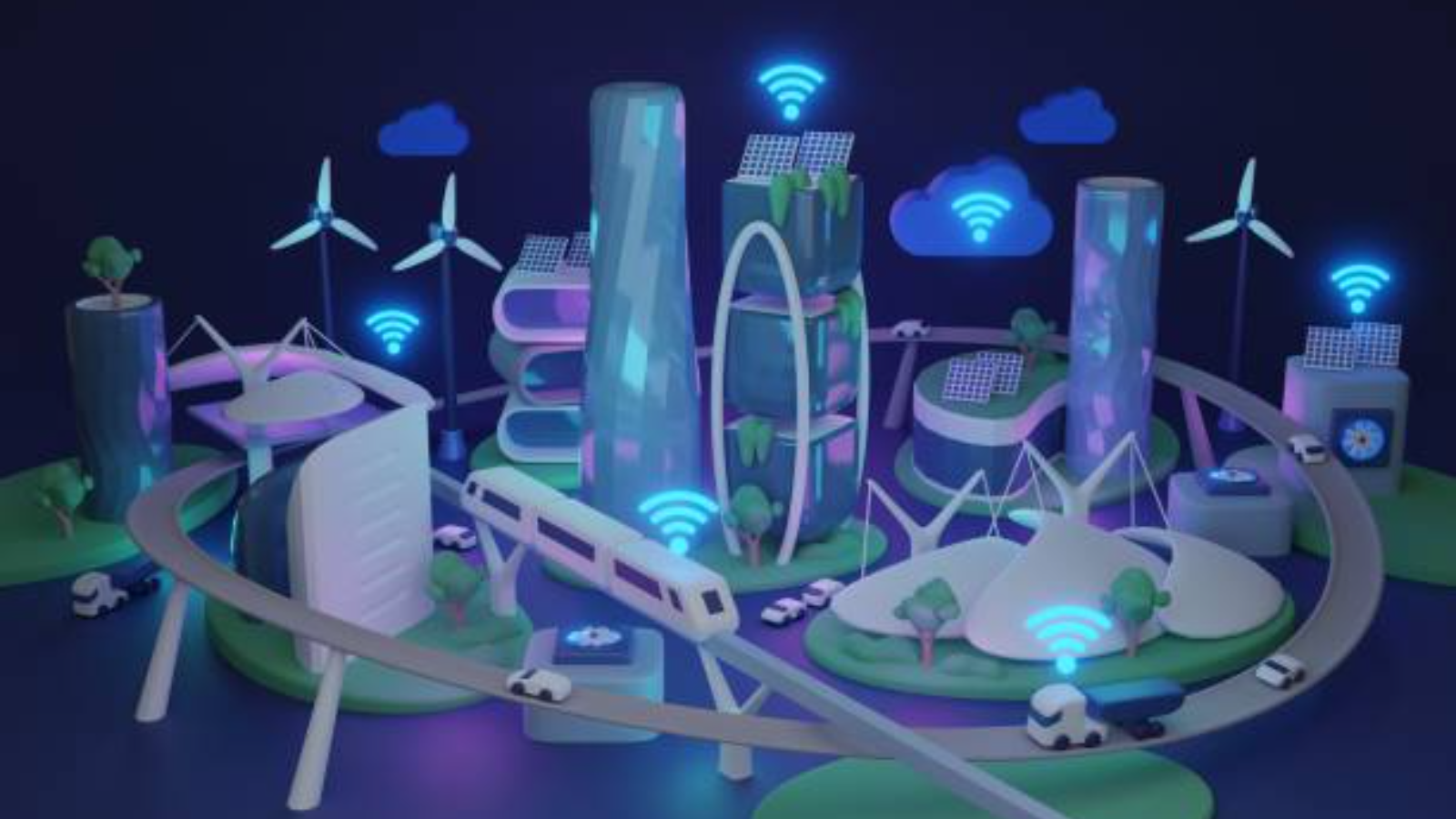In this Article
Introduction
Imagine a city where traditional urban challenges like traffic congestion and inefficient public services are relics of the past. Thanks to cutting-edge technologies such as the Internet of Things (IoT), artificial intelligence (AI), and advanced data analytics, smart cities are poised to revolutionize urban living. These cities are not just futuristic concepts but are already being implemented worldwide, promising to enhance efficiency, sustainability, and the overall quality of life for their residents.
In this artcle, we will explore the top 7 benefits of smart cities, shedding light on how these innovations can transform our urban landscapes for the better.
Benefits of Smart Cities
By focusing on these key benefits, we can better understand how smart cities can transform urban living and create a more sustainable and efficient future for all. The benefits of smart cities are vast and transformative. Here are the top seven advantages:
1. Enhanced Public Services
- Cost Reduction: Optimized waste collection routes and schedules save operational costs and reduce fuel consumption.
- Recycling Promotion: IoT sensors can identify recyclable materials, encouraging residents to participate in recycling programs and reduce landfill waste.
- Emergency Response Enhancement: AI algorithms predict emergency hotspots based on data analytics, optimizing emergency service deployment.
- Crime Pattern Analysis: AI-powered surveillance systems analyze crime patterns to anticipate and prevent criminal activities, enhancing overall public safety.
2. Optimized Traffic Management
- Dynamic Road Pricing: AI algorithms adjust toll rates based on traffic density to manage congestion during peak hours.
- Smart Parking Solutions: Real-time parking availability updates guide drivers to available parking spots, reducing traffic caused by searching for parking.
- Intermodal Connectivity: Integration of different transport modes (bus, tram, bike-sharing) with seamless ticketing systems improves commuter experience and reduces traffic congestion.
- Demand-Responsive Services: AI algorithms optimize bus routes based on passenger demand patterns, reducing empty trips and improving service reliability.
3. Energy Efficiency
- Demand Response Programs: IoT-enabled smart meters adjust electricity usage in real time based on grid conditions, promoting energy conservation.
- Renewable Integration: Smart grids efficiently manage intermittent renewable energy sources like solar and wind, enhancing grid stability and reducing reliance on fossil fuels.
- Passive Design Techniques: Smart buildings use natural ventilation and daylight harvesting to reduce energy consumption and enhance indoor comfort.
- Green Certifications: Buildings certified with LEED or BREEAM standards ensure sustainable construction practices and lower operational carbon footprints.
4. Environmental Sustainability
- Health Impact Alerts: Real-time air quality data triggers health advisories, protecting vulnerable populations from exposure to poor air quality.
- Emission Reduction Initiatives: Data-driven policies incentivize industries to adopt cleaner technologies, reducing urban air pollution levels.
- Smart Irrigation Systems: IoT sensors adjust irrigation schedules based on weather forecasts and soil moisture levels, conserving water resources in urban landscaping.
- Drought Management: Predictive analytics anticipate drought conditions, prompting proactive water conservation measures and reservoir management strategies.
5. Economic Growth
- Startup Incubators: Co-working spaces and tech incubators foster collaboration among startups, attracting venture capital investments and accelerating business growth.
- Skills Development: Smart city projects create demand for tech-savvy professionals, stimulating educational programs to meet industry needs.
- Smart Infrastructure Premium: Proximity to smart city amenities like high-speed internet and sustainable buildings increases property values in urban neighborhoods.
- Tourism Boost: Smart city attractions and cultural events draw tourists, supporting local businesses and generating revenue for the economy.
6. Improved Quality of Life
- Remote Monitoring Devices: Wearable health trackers and IoT-enabled medical devices enable continuous health monitoring and early intervention.
- Elderly Care Solutions: AI-powered virtual assistants provide personalized caregiving support and emergency response services for elderly residents.
- Digital Civic Platforms: Online forums and mobile apps enable residents to participate in decision-making processes, fostering transparency and accountability.
- Community Events Promotion: Digital platforms promote local events and cultural activities, strengthening community ties and social cohesion.
7. Data-Driven Decision Making
- Performance Metrics: Big data analytics evaluate the effectiveness of public policies and urban planning initiatives, guiding future decision-making.
- Citizen Feedback Loops: Real-time feedback mechanisms collect residents’ opinions on city services, ensuring policies align with community needs.
- Infrastructure Resilience: Predictive analytics detect potential failures in critical infrastructure, enabling preemptive repairs and minimizing service disruptions.
- Lifecycle Cost Optimization: Data-driven maintenance schedules extend the lifespan of city assets and reduce long-term maintenance costs.
Conclusion
Smart cities represent a pivotal advancement in urban development, offering a multitude of benefits that can fundamentally improve the quality of life for residents. From efficient public services and optimized traffic management to environmental sustainability and economic growth, the advantages are compelling. However, the successful implementation of smart city technologies necessitates meticulous planning, robust cybersecurity measures, and community-centric strategies to address potential challenges and ensure inclusivity.
How Can We Help?
The AlphaX ecosystem is designed to address the complexities and challenges of implementing smart city technologies. Our platform offers comprehensive solutions for data security, efficient resource management, and community engagement. By integrating advanced technologies with a focus on sustainability and inclusivity, AlphaX can help cities achieve their smart city goals. To learn more about how AlphaX can assist in the development of smart cities, Contact Us.
References
Related Blog Posts
How Smart Cities Connect: Getting Started with Edge AI and IoT Technology
How to Get Started with Edge AI and IoT Technologies in Smart Cities: Overcoming Integration Challenges In recent years, the concept of smart cities has evolved from a futuristic Read More
5 Step Strategy: Ensuring Security and Privacy in 15-Minute Smart Cities
Introduction Ensuring security and privacy in 15-minute smart cities is a critical challenge as urban areas become increasingly connected through IoT and edge AI technologies. These cities aim to Read More
What is a smart city and the challenge of legacy systems
How to Get Started with Integrating Legacy Systems in Smart Cities Smart cities are transforming urban landscapes by leveraging technology to improve the quality of life for residents. However, Read More




